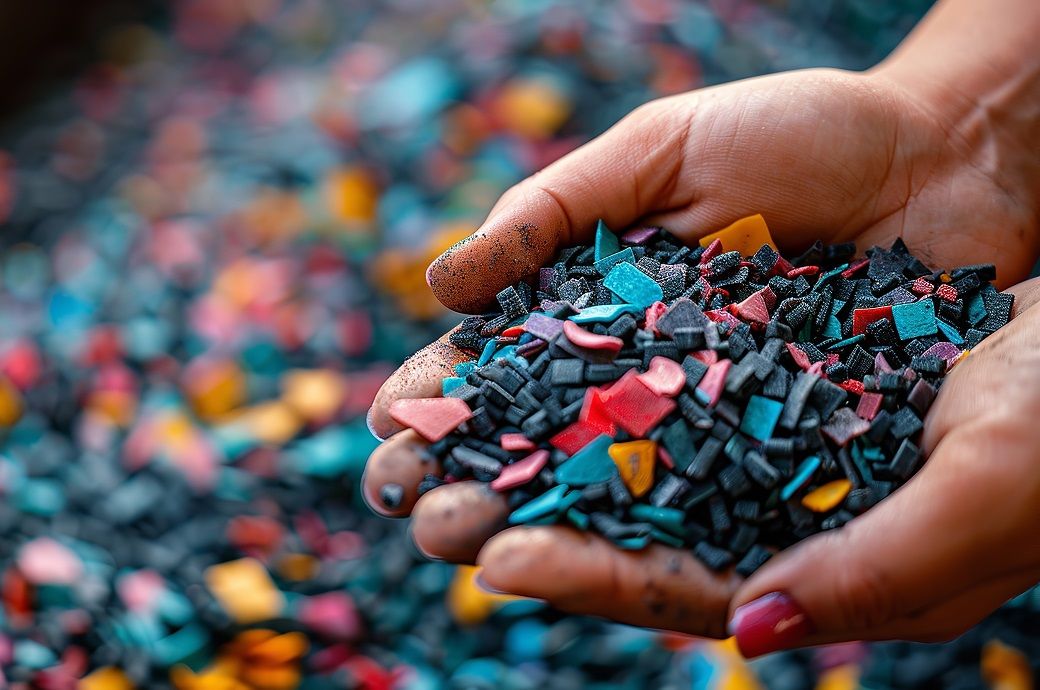
The government imposed anti-dumping duty on the import of PTA from several countries for five years in 2016 after due investigation. It levied the duty on imports from South Korea and Thailand in July 2019. However, the government removed the duty on PTA in its Union Budget 2020 proposals, citing public interest. Finance minister Nirmala Sitharaman stated in the Union Budget 2020 proposal that PTA is a critical input for textile fibres and yarns. Its availability at globally competitive prices will support the downstream industry to grow.
However, the country’s dominant producers of PTA, Reliance Industries Limited (RIL) and other upstream petrochemical companies, had to face competition from global suppliers. Therefore, the premature removal of the duty was challenged by RIL and other companies in the Gujarat High Court.
The High Court quashed the notification and ordered the reinstatement of the anti-dumping duty. It directed the government to initiate a sunset review, affirming that the ADD on the product was leviable. Following this, the Directorate General of Trade Remedies (DGTR) initiated a sunset review investigation on supplies of Purified Terephthalic Acid (PTA) from South Korea (Republic of Korea) and Thailand.
On Monday, a Supreme Court bench comprising Justices BV Nagarathna and N Kotiswar Singh stayed the Gujarat High Court’s order. It has also sought responses from RIL and other parties. The bench raised the question of whether a high court can supervise the economy.
Ashish Gujarati, former president of the Southern Gujarat Chamber of Commerce & Industry (SGCCI), commented on the matter, “The SC order will directly benefit fibre and yarn manufacturers and indirectly benefit the fabric and garment industry. It is a good sign from the central government, which challenged the Gujarat HC order in the Supreme Court. It shows the government is very much concerned for the downstream yarn and fabric industry.” He mentioned that the anti-dumping duty on PTA has already lapsed after the completion of five years. However, the government will take a positive approach if the sunset review begins.
The Indian non-cotton fibre, yarn, and fabric industry is struggling to get raw materials like PTA and other downstream products at globally competitive prices and quality. Anti-dumping duties and quality control orders (QCOs) have restricted supplies from global suppliers, making them increasingly dependent on local suppliers. The Ministry of Textile is facing great difficulty in striking a balance between the interests of stakeholders in the entire textile value chain. The downstream industry argues that costlier raw materials are detrimental for them to compete in the global market as they are dependent on high-priced domestic supplies.
Fibre2Fashion News Desk (KUL)